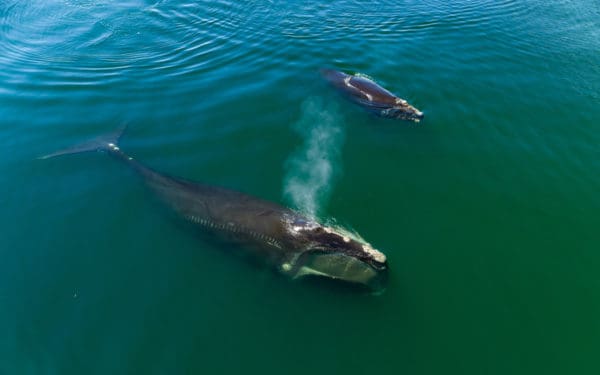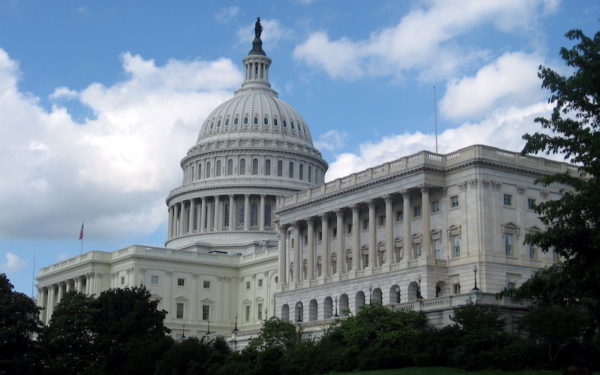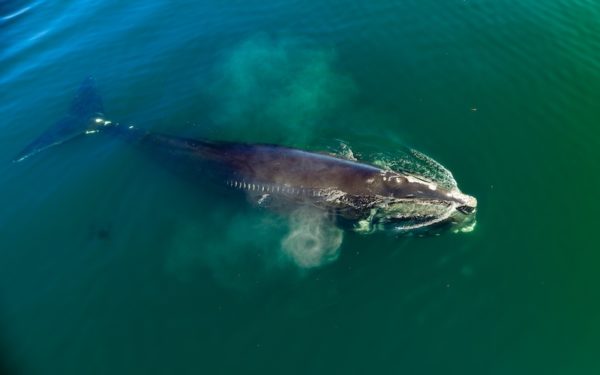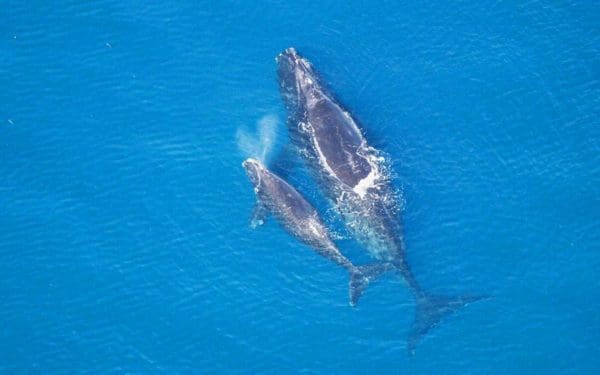Oct 30, 2023
“It’s critical that we separate fact from fiction when it comes to biofuels,” said Caitlin Peale Sloan, Vice President of CLF Massachusetts. “The fossil fuel industry is pushing solutions like renewable natural gas as a silver bullet to confront the climate crisis with little evidence. The truth is these fuels will still pollute our climate and our air, and they must be used only in limited cases.”
May 11, 2023
“Communities across New England have been living in the shadow of polluting fossil fuel plants for decades,” said CLF President Brad Campbell. “Slashing emissions from these power plants is an essential step to meeting our climate goals and cleaning up the air in these communities. We can’t afford to allow this damaging pollution to continue, and EPA’s approach proposes to drive down those emissions over time and will increase opportunities for proven technologies like solar and wind.”
Nov 01, 2022
“A newborn calf spends most of the first few months of its life on the surface with its mother,” said Erica Fuller, senior attorney at Conservation Law Foundation. “Given that these whales are tough to see under the best of circumstances, slowing boats down is the only way to prevent collisions like those that have killed whales, injured people, and caused major vessel damage in the past.”
Sep 22, 2022
“This bill is a thinly veiled attempt to shut out community input and roll back bedrock environmental protections like the Clean Water Act and the National Environmental Policy Act — effectively green-lighting scores of bad fossil fuel projects and stymying the just and clean energy transition President Biden says he supports,” said CLF President Bradley Campbell.
Aug 16, 2022
President Biden recently signed this first-of-its-kind climate bill into law – but what does it mean for climate action here at home?
Jul 12, 2022
“With an extinction crisis unfolding in real-time, this decision is necessary for the recovery of North Atlantic right whales,” said Erica Fuller, senior attorney at Conservation Law Foundation. “The fact is, this area wasn’t chosen at random. It’s an area where science showed a deadly trifecta of dense lobster gear, heavy lines, and whales for a few months of the year. The court made the right call in reaffirming the decision, which will have a significant impact on this dwindling whale population.”
Jul 12, 2022
“For too long, low-income communities have been excluded from investments in healthy and sustainable housing and small businesses,” said Gina Foote, director of Impact Investment at Conservation Law Foundation. “With help from UnitedHealth Group and the Healthy Neighborhoods Equity Fund, that’s finally beginning to change. This investment will lead to more vibrant and inclusive neighborhoods across southern New England.”
Jun 30, 2022
“The Supreme Court’s new majority has hobbled EPA’s ability to reduce pollution from power plants, expanding an obscure doctrine into an all-purpose tool for the Court to stop agencies from acting on the most significant threats to human health and the environment,” said CLF President Bradley Campbell. “By arbitrarily limiting EPA’s explicit and broad authority under the Clean Air Act to require the use of less polluting systems, the Court has consigned millions of Americans to more illness, shorter lives, and greater poverty in an overheated climate, while giving itself nearly unlimited authority to invalidate protections and safeguards intended by Congress.”
Jun 14, 2022
“With our ocean in peril from unsustainable human use and climate impacts, now is not the time to be rolling back necessary protections,” said CLF Senior Attorney Erica Fuller. “The Northeast Canyons and Seamounts is a biological hotspot that provides a refuge for a remarkable diversity of wildlife and has enormous scientific value. We look forward to standing up for the monument in court.”
Nov 12, 2021
“At this juncture, the fact NMFS hasn’t already addressed deaths due to vessel collisions is beyond incomprehensible,” said Erica Fuller, a senior attorney at Conservation Law Foundation. “We hope this will force the agency to take emergency action rather than wait until next spring to start a new rule-making process. That kind of delay does little to protect the moms traveling up and down the coast now.”










